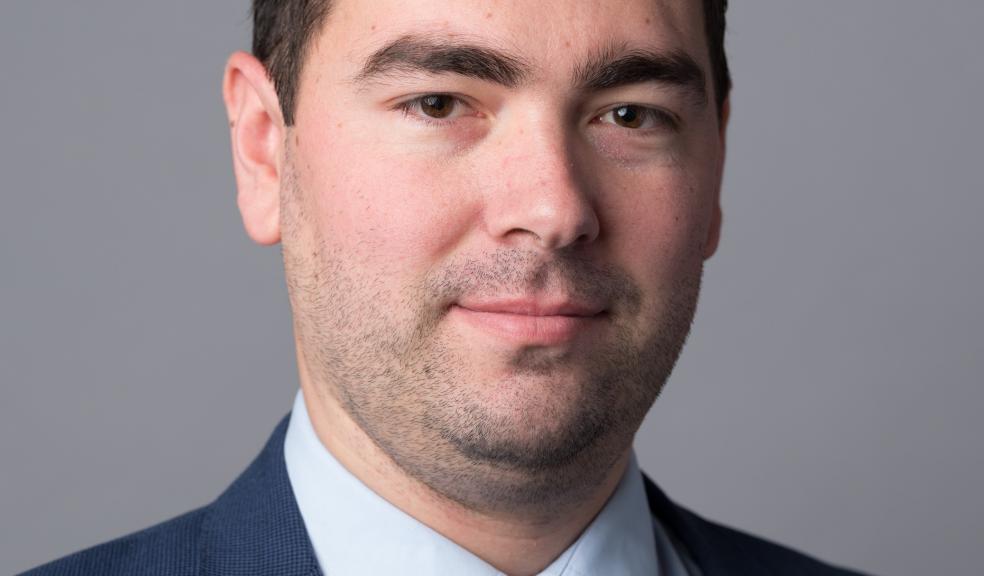
Chase de Vere says that employers must do more on pensions’ engagement
Chase de Vere, the independent and corporate financial advisers, says that employers aren’t doing enough to ensure their employees are fully engaged with their workplace pensions.
More than 10 million people are saving into a workplace pension through auto enrolment. This is fantastic news as pension schemes are generally the best choice for people to save for retirement and this should mean that considerably more people will be better prepared for their financial futures.
However, we find that many people are only saving the minimum auto enrolment amounts into their pensions, believing this will be enough to secure a comfortable retirement. These minimum levels are a total of 8% of qualifying earnings, which are earnings between £6,136 and £50,000 for the current tax year. Of this amount, employers must pay a minimum of 3%, meaning their employees are typically paying 5% of their qualifying earnings.
The bottom line is that most employees need to be investing more than 5% into a pension each year to secure the type of lifestyle that they are likely to want in retirement, and employers need to take more responsibility for helping their employees to achieve this.
As an example, somebody earning £30,000 per annum and saving the minimum total amount of 8% of qualifying earnings into their pension could build a pension fund of £127,233 after 30 years. If total contributions were increased to 10% the final fund could be £159,041, with 12% contributions it could be £190,849 and with 15% contributions it could be £238,561.
James Brown, Corporate Adviser at Chase de Vere, says: “Virtually every employee should join and stay in their workplace pension scheme, as these schemes are usually good value and employees will benefit from their employer paying into their pension.
“However, we find that many employees are only paying the minimum auto enrolment amounts into their pensions and we are concerned that they have a false sense of security, thinking this will be enough to provide them with a comfortable standard of living in retirement.
“If employees fall short of their retirement targets, this is bad news for them and bad news for their employers and this is why we believe that employers need to be doing more.
“A high proportion of personal stress is caused by financial worries and this can lead to poor productivity and absenteeism. Employers could face further issues with succession planning and motivation if their employees can’t retire when they want and are forced to continue working.
“Employers should be offering financial education in the workplace, at the very least to ensure that their employees understand how their company pension scheme works, what benefits it is likely to provide and how they can get more out of it. This should include the benefits of saving more each month and looking at making extra pension contributions from annual bonuses or pay rises.
“Auto enrolment has the potential to be a real game-changer in helping people with their retirement plans. Employers have a key role to play in making it successful and if they don’t step forwards this could be bad news for them and their employees.”













